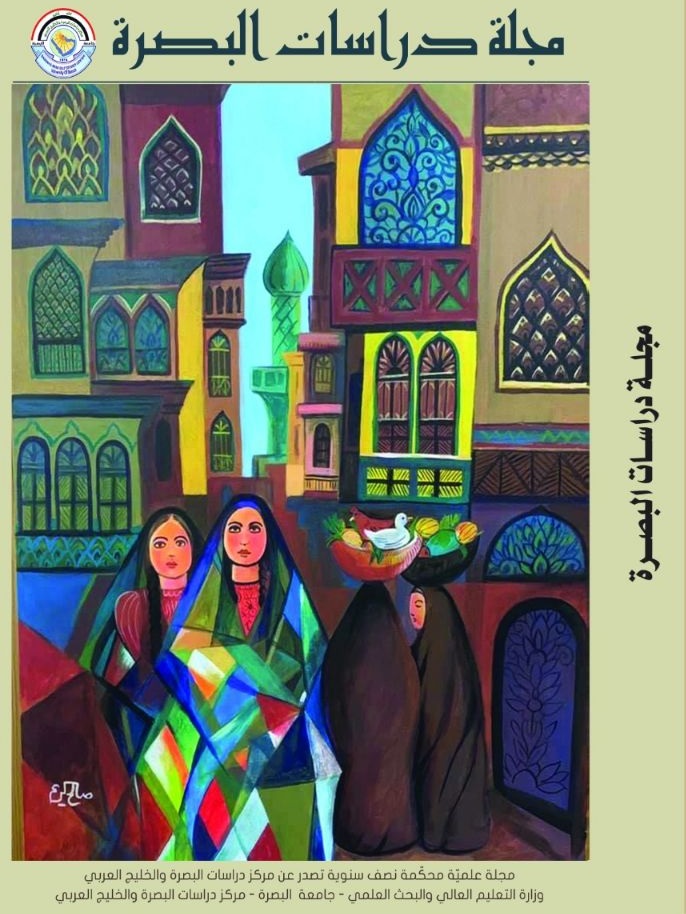Abstract
The marriage contract is an important and dangerous contract because it constitutes the first nucleus of society, and the stability of marital life leads to a society free of gaps that threaten its stability. The contract must be built on strong foundations free of deprivations and defects that may invalidate it or deprive it of its essence. Islam is keen on the permanence of the marriage contract and allows divorce in cases where continuing the contract is difficult or impossible. The dissolution of the marriage contract varies, such as divorce, judicial separation, divorce, and annulment. The contract is dissolved for various reasons, such as the impossibility of its continuation, change of religion, or the presence of marital defects that negatively affect the other partner. The study focuses on the impact of these defects on the marriage contract and its continuity, and identifies the defects that jurists consider to be a reason for annulment based on differences in viewpoints and personal status laws in some Arab countries. The study is divided into two sections, where the first section focuses on defining the annulment of the marriage contract and analyzing the defects specific to men and women, as well as the defects that affect both spouses, while presenting the opinions of jurists on the possibility of annulment of the contract because of them. In the second section, the focus is on the position of personal status laws, and an analysis of the personal status laws in Iraq, Yemen, Kuwait, and Jordan, to compare them and understand how to deal with cases of annulment of the marriage contract.
Keywords
annulment
contract
marital defects.
Marriage
Abstract
عقد الزواج هو عقد مهم وخطير لأنه يشكل النواة الأولى للمجتمع، واستقرار الحياة الزوجية يؤدي إلى مجتمع خالٍ من الفجوات التي تهدد استقراره. يجب أن يبنى العقد على أسس قوية خالية من الحرمان والعيوب التي قد تبطله أو تحرمه من جوهره. يحرص الإسلام على ديمومة عقد الزواج ويسمح بالطلاق في الحالات التي يكون فيها استمرار العقد صعبًا أو مستحيلاً. يتنوع انحلال عقد الزواج مثل الطلاق والتفريق القضائي والخلع والفسخ، ويتم فسخ العقد لأسباب مختلفة, مثل استحالة استمراره أو تغيير الدين أو وجود عيوب زوجية تؤثر سلبًا على الشريك الآخر. وتركز الدراسة على تأثير هذه العيوب على عقد الزواج وديمومته، وتحدد العيوب التي يعتبرها الفقهاء سببًا للفسخ بناءً على تفاوت وجهات النظر وقوانين الأحوال الشخصية في بعض الدول العربية. يتم تقسيم الدراسة على مبحثين، حيث يتم التركيز في المبحث الأول على تعريف فسخ عقد الزواج وتحليل العيوب الخاصة بالرجل والمرأة وكذلك العيوب التي تؤثر على كلا الزوجين، مع عرض آراء الفقهاء حول إمكانية فسخ العقد بسببها. أما في المبحث الثاني، يتم التركيز على موقف قوانين الأحوال الشخصية، وتحليل قوانين الأحوال الشخصية في العراق واليمن والكويت والأردن، لمقارنتها وفهم كيفية التعامل مع قضايا فسخ عقد الزواج.
Keywords
العقد، الزواج، الفسخ، العيوب الزوجية .
